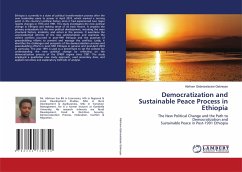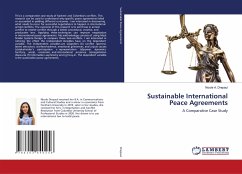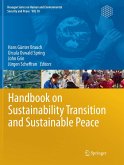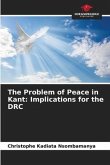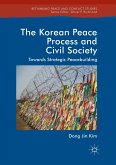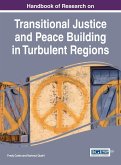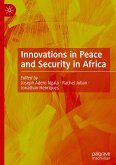Ethiopia is currently in a state of political transformation process after the new leadership came to power in April 2018, which marked a turning point in the country's political history since it had experienced two major regime changes in 1974 and 1991. This study investigates the new political change in Ethiopia and making sense of its track record. It unpacks the primary antecedents to the new political development, including the main structural factors, incidents, and actors in the process. It ascertains the unprecedented reforms of the new administration and examines the violent conflicts occurred in post-1991 Ethiopia and the practices of peacebuilding efforts to prevent and manage the conflicts. Lastly, it identifies the challenges and prospects of the democratization process and peacebuilding efforts in post-1991 Ethiopia in general and post-April 2018 in particular. The year 1991 is used as a benchmark to set the context for understanding the new political change by reflecting on the democratization process of the EPRDF regime since 1991. The study employed a qualitative case study approach, used secondary data, and applied narratives and explanatory methods of analysis.
Bitte wählen Sie Ihr Anliegen aus.
Rechnungen
Retourenschein anfordern
Bestellstatus
Storno

